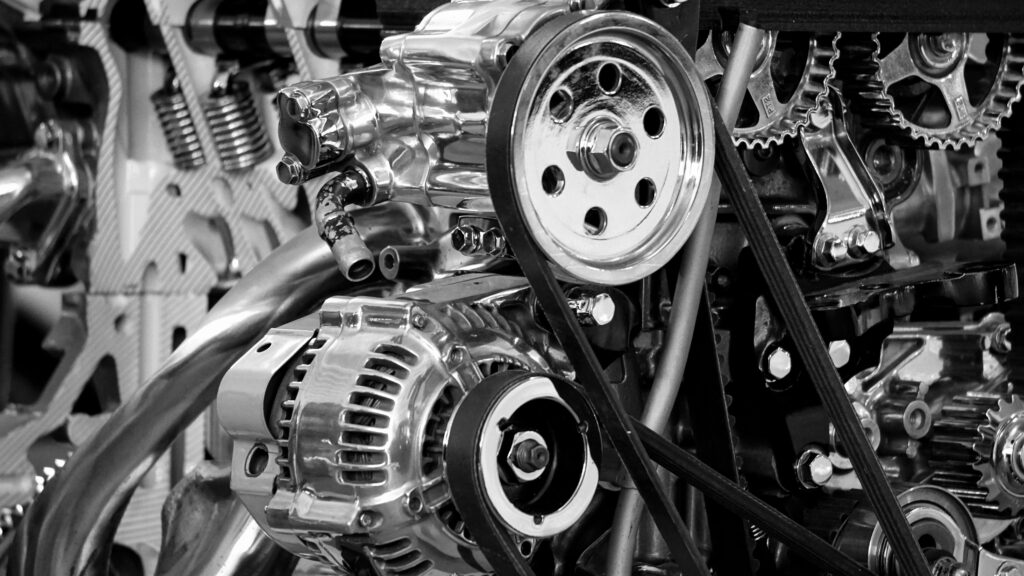Producing and transporting automobiles, including personal and commercial vehicles, is challenging. Managers of the supply chains for cars have to walk a fine line between cost pressures and volatility in their work. Further difficulties lie ahead as the industry continues to develop rapidly. Listed below are some of the most pressing challenges that automotive supply chain managers face today, along with suggestions for overcoming them. Due to the high price of production, preserving profit margins is essential.
The production of automobiles is costly due to the high costs of research and development, the purchase and installation of new machinery and automation, the provision of necessary utilities, and the payment of skilled workers. As a result, supply chain managers are under significant pressure to reduce shipping costs to safeguard already slim profit margins, as there needs to be more wiggle space with many of these expenses.
As a result of their size and weight, many automotive shipments present logisticians with unique challenges that prevent them from taking advantage of the most cost-effective shipping methods. While some exceptions exist, such as products designed for aftermarket retailers, even relatively minor items like tyres can be expensive to transport. In addition, shipments of automobiles, especially those of high value, may need special care to avoid theft and damage.
Overstocked Inventories
Overstocking raw materials that need to be optimized can save money in the car manufacturing business. Therefore proper inventory management is essential. Automobile manufacturers may turn to third-party logistics (3PL) firms that employ software to track measurable data and inform them about the demand for their products to alleviate the issue of excess stock on hand. As a result, Overstock is reduced, and better judgments about what to keep on hand at any one time are made easier with the help of just-in-time production.
Lack of Visibility
Like many other businesses, automotive needs help with supply chain visibility. The automobile sector has the highest worry rate, 81%, compared to other industries. There are almost 30,000 individual parts in a car, all of which work together to ensure reliable production. Inventory shortages and severe delays resulting from skipping any step in the production process can be disastrous for procurement. Eliminating the lack of insight for all partners in the supply chain requires a broader focus on all areas of communication, part tracking at any level, optimized operations, and predictive analytics.
Sustainability
2015 was a turning point for the automotive industry in terms of its attention to environmental concerns. The production of automobiles in an ecologically conscientious manner is not only anticipated but also mandated by the original equipment manufacturers and any third-party partners. Unfortunately, because globalization makes it possible to send items from all over the world, different locations have different views on sustainable business practices. This causes problems for the supply chain in the United States.
Problems With Quality Control
In manufacturing automobiles, it is of the utmost importance to check that the assembly process does not produce any mistakes. Quality problems can be caused by a lack of control and auditing, which can, in turn, lead to product recalls, a decrease in revenue, the unnecessary waste of materials, and a stain on the company’s reputation.


